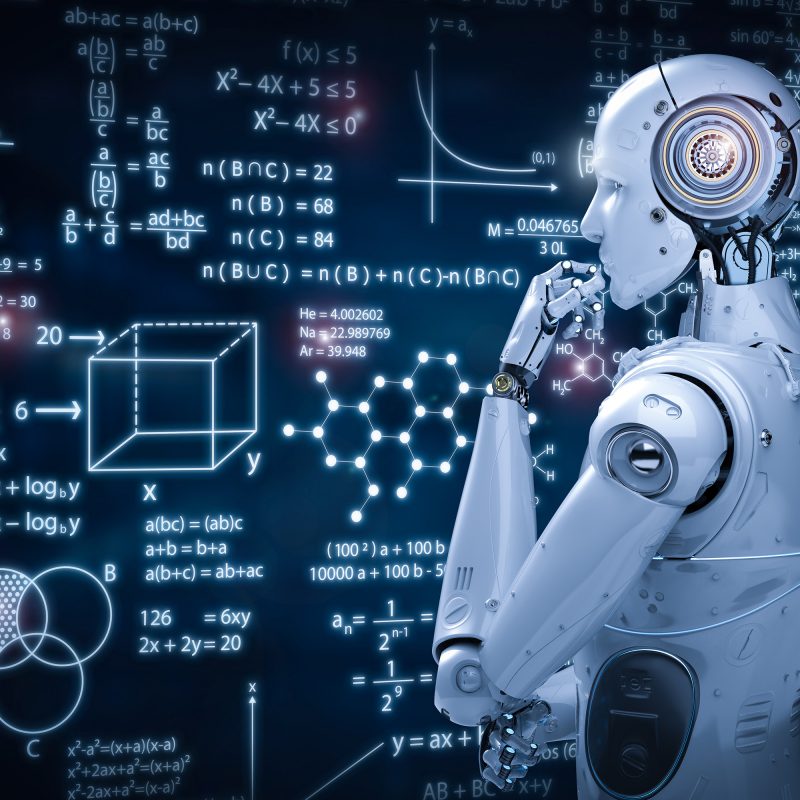The future of AI is a topic of much speculation and debate. While it is difficult to predict with certainty, there are several trends and possibilities that experts commonly discuss:
1. Advancements in AI Technology: AI is likely to continue advancing, with improvements in machine learning algorithms, natural language processing, computer vision, and robotics. This could lead to more sophisticated AI systems that can perform complex tasks with greater accuracy and efficiency.
2. Automation and Job Disruption: AI has the potential to automate various tasks across industries, which may lead to job displacement in some areas. However, it can also create new job opportunities as it transforms industries and opens up avenues for innovation and creativity.
3. Ethical and Social Implications: As AI becomes more pervasive, there is a growing need to address ethical considerations. Issues such as privacy, bias, transparency, accountability, and the impact on social structures will need to be carefully managed to ensure the responsible and beneficial use of AI.
4. AI in Healthcare: AI has the potential to revolutionize healthcare by improving diagnostics, personalized medicine, drug discovery, and patient care. AI algorithms can analyze vast amounts of medical data, assisting doctors in making more accurate diagnoses and treatment plans.
5. AI in Transportation: Self-driving cars and autonomous vehicles are areas where AI is expected to have a significant impact. AI-powered transportation systems could enhance safety, efficiency, and reduce congestion on roads.
6. AI in Education: AI technologies can personalize and enhance the learning experience for students. Adaptive learning platforms, intelligent tutoring systems, and virtual reality applications are some examples of how AI can transform education.
7. AI in Research and Science: AI can accelerate scientific research by analyzing large datasets, simulating complex models, and discovering patterns that humans may miss. It has the potential to contribute to breakthroughs in various scientific disciplines.
8. AI and Collaboration: AI systems are increasingly being developed to work alongside humans, augmenting their capabilities. Collaborative robots, known as cobots, can assist in various tasks, improving productivity and safety in workplaces.
It is important to approach the future of AI with caution and prioritize responsible development and deployment. Ensuring that AI systems are aligned with human values, transparent, and inclusive will be crucial for creating a future where AI benefits society as a whole.

Credit RMIT.edu.au
WHILE YOU’RE HERE –
PLEASE HELP US TO GROW FREMANTLE SHIPPING NEWS
FSN is a reader-supported, volunteer-assisted online magazine all about Fremantle. Thanks for helping to keep FSN keeping on!
** Don’t forget to SUBSCRIBE to receive your free copy of The Weekly Edition of the Shipping News each Friday!







